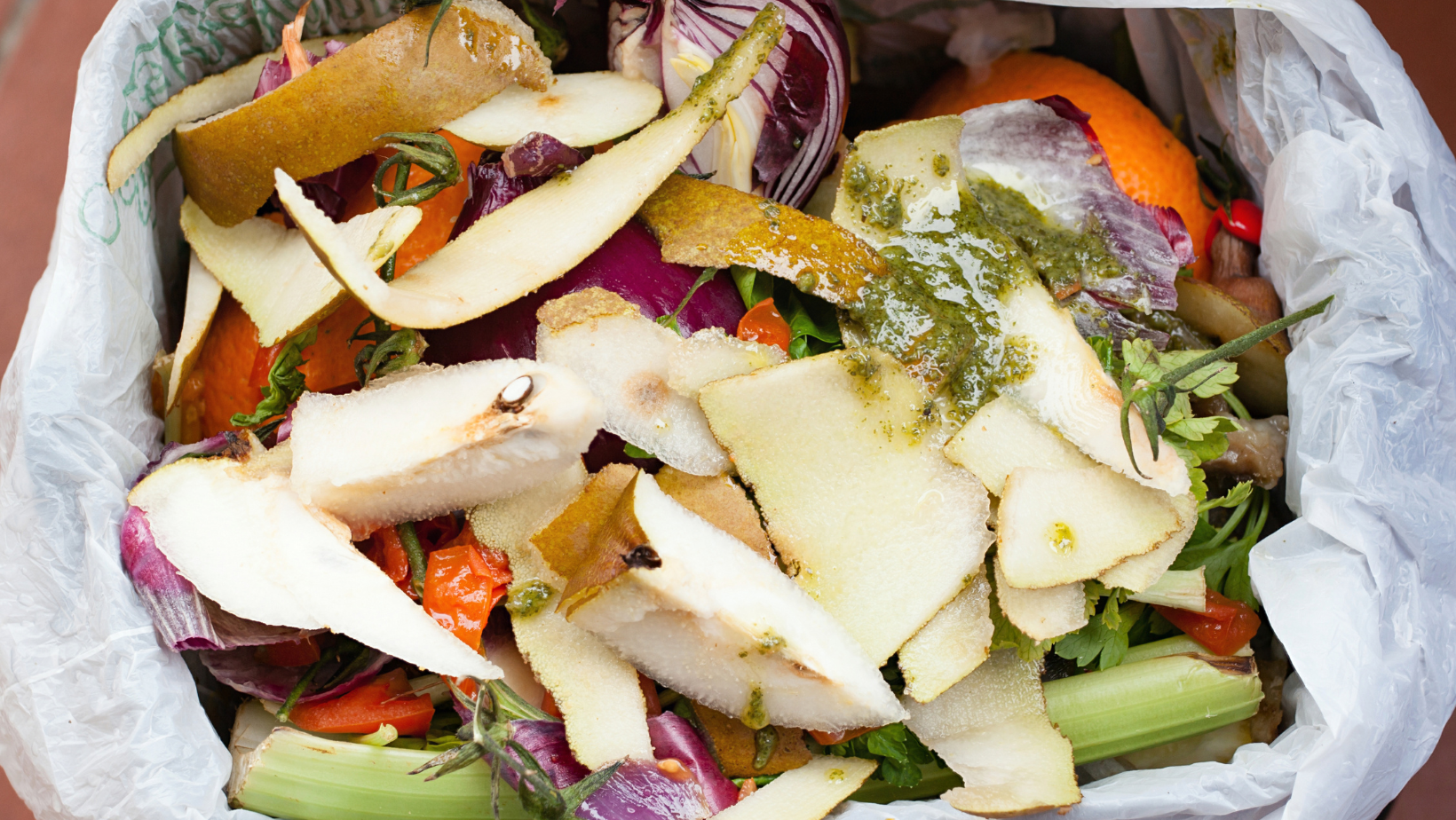New Technologies for Waste Reduction and Valorization in Perishable Products

06 | 02 | 2025
N0WASTE, the project for the sustainability of the agri-food sector in which Ceit participates, has successfully concluded, developing technologies capable of obtaining high-value biomethane from waste generated in the potato supply chain, as well as optimizing packaging sealing with new plastic solutions.
The N0Waste project has focused on researching and developing new technologies to reduce and valorize waste from fresh and perishable products, addressing key issues in the food value chain. On one hand, it aims to minimize food waste, and on the other, it seeks to valorize by-products generated during food production, processing, and distribution by obtaining synthetic methane, thus contributing to a circular economy model.
This initiative is part of the RIS3 Euskadi Smart Specialization Strategy and the Euskadi 2030 Science, Technology, and Innovation Plan, supported by the SPRI Group through the Hazitek program. Its development has involved a diverse consortium of Basque companies and organizations from various sectors.
The project has been led by ONDOAN, with participation from EROSKI and Udapa , as well as technology and equipment companies such as Lointek, Orloga, Izertis, SEGULA TECHNOLOGIES, Tecnipesa and Plastigaur. . Additionally, three agents from the Basque Network of Science, Technology, and Innovation have taken part: BASQUE FOOD CLUSTER, Ceit, and Tecnalia, with BANTEC collaborating on the project's funding and management before the Basque Government.
The project results were presented in an online event with representatives from all participating entities. The project consortium outlined the different research lines pursued to achieve the two main objectives: reducing generated waste and enhancing its energy valorization. This was approached with a global vision of the food chain, incorporating new photonics and artificial vision technologies for early detection of impacts and defects in potatoes at the source, as well as traceability control, life cycle analysis, and the application of sensors in processing and distribution.
Another successful research line involved exploring technological alternatives to improve packaging sealing, achieving optimal results that preserve quality and extend the shelf life of packaged products. Among the most significant findings, new 100% recyclable monomaterial plastic films were developed for flexible packaging, designed to meet the thermal specifications required in industrial processes while ensuring sustainable packaging.
Finally, research was conducted on the valorization of organic by-products using a combination of advanced processes (dark fermentation and biomethanation) to produce biogas. Through a multi-channel catalytic reactor, high-value synthetic natural gas (biomethane) was obtained at a laboratory scale.
Additionally, the project developed a mathematical tool to explore the techno-economic feasibility of this solution in different scenarios with varied organic by-products and geographical locations. This information could be key in decision-making processes for the implementation of biomethanation plants to valorize agricultural sector waste.
This initiative, framed within the RIS3 Euskadi Smart Specialization Strategy and the Euskadi 2030 Science, Technology, and Innovation Plan, has been supported by the SPRI Group through the Hazitek program.




